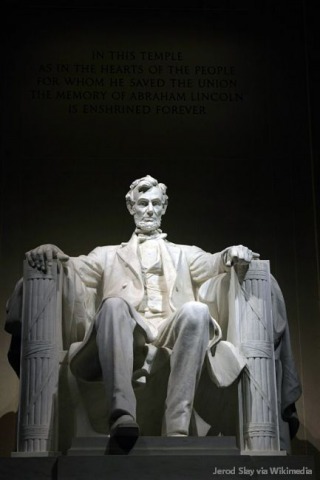
An interviewer wanted to know what I have to say to people who "just aren't going to" believe in God.
That sounds more like a statement of intention than a statement of disbelief. There isn't anybody who "just isn't going to" believe in God. If someone as wretchedly far out in the cold and dark as I was could be drawn into faith, anyone can be. But he has to consent.








